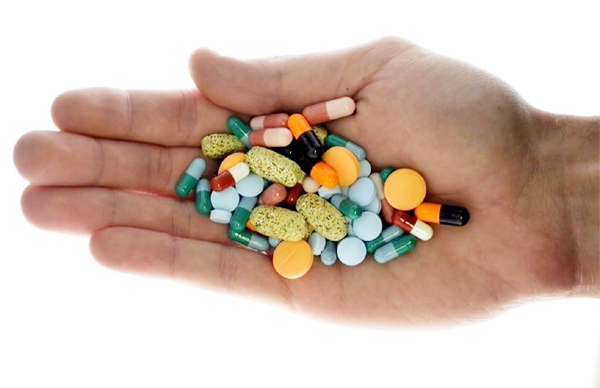Since the 1940s, antibiotics have greatly reduced illness and death from infectious diseases. However, they have been used so widely and for so long that the infectious organisms they are designed to kill have adapted to them, making the drugs less effective.
It is very common practice around these parts for people to take antibiotics anyhow. Think about it, you probably went to the chemist down the street for some flagyl and tetracycline the last time you had diarrhea. As common as this practice is, it is one of the most unhelpful things anyone can do to their body. Self medication is never to be encouraged but self medicating on antibiotics is even more serious as it leads to what is now known as antibiotic resistance. Antibiotic resistance and the resulting diminishing supply of effective antibiotics are two of the biggest threats to global health today.
Antibiotic resistance refers specifically to the resistance to antibiotics that occurs in common bacteria that cause infections. Antimicrobial resistance is resistance of a microorganism to an antimicrobial drug that was originally effective for treatment of infections caused by it. Antimicrobial resistance is a broader term, which encompasses resistance to drugs to treat infections caused by other microbes as well, such as parasites (e.g. malaria), viruses (e.g. HIV) and fungi (e.g. Candida). A good example is seen with anti malarial drugs. Every few years a new type of drug is developed and introduced because the ones previously in use have become less effective due to resistance developed by the parasites.
Antimicrobial resistance is a threat to the effective prevention and treatment of an ever-increasing range of infections caused by bacteria, parasites, viruses and fungi. For example, Gonorrhoea may soon become untreatable as no vaccines or new drugs are in development and treatment failures due to resistance have been reported in several countries around the world. In patients who have an illness caused by a resistant bacteria, the illness lasts longer and different drug regimes have to be tried before the right one is found and in very severe cases this could require hospitalization and may even lead to death if the infection cannot be stopped.
Antibiotics are prescribed for illnesses caused by bacteria, not by viruses. The common cold and flu are caused by viruses, not by bacteria. Antibiotics do not work against viruses. Viral illnesses are usually self limiting and do not need to be treated with antibiotics, so remember this the next time you have “running stomach” and you’re thinking about taking a stroll to the chemist.
Antibiotics are usually prescribed to cover the time needed to help your body fight all the harmful bacteria. Most times you may start to feel better after the first couple of days but this doesn’t mean all the bacteria has been killed. If you stop your antibiotic early, the bacteria that have not yet been killed can restart an infection.
You should never share antimicrobial drugs with others or use leftover prescriptions. Leftover antibiotics are not a complete dose, and they will not work to kill all your disease causing bacteria. Also the fact that a certain antibiotic worked for your sisters illness does not mean it will work for you.
Of particular note for women, Antibiotics may lead to a vaginal yeast infection. Because antibiotics kill the normal bacteria in the vagina, yeast no longer have competition for food and grow rapidly. Yeast cells begin attacking tissues in the vagina, usually causing one or all of the following symptoms: itching, burning, pain during sex and vaginal discharge. This is definitely an unpleasant side effect that can be avoided by not taking antibiotics unnecessarily. However make sure you consult a doctor if any of these symptoms occurs.
Some Antibiotics may also reduce the efficacy of birth control pills so it’s important to use a back up birth control method while taking antibiotics.
For pregnant women and breastfeeding mothers, some antibiotics may be transmitted to a fetus, and may cause harm. Therefore, you should never take antibiotics without your doctor’s knowledge if you are pregnant or nursing.
Taking antibiotics unnecessarily qualifies as abuse of antibiotics and by doing so you may be contributing to the development of antibiotic and antimicrobial resistance which has many far reaching consequences. Try and do your bit by only taking antibiotics when prescribed by a licensed health care professional and taking them exactly as prescribed.







